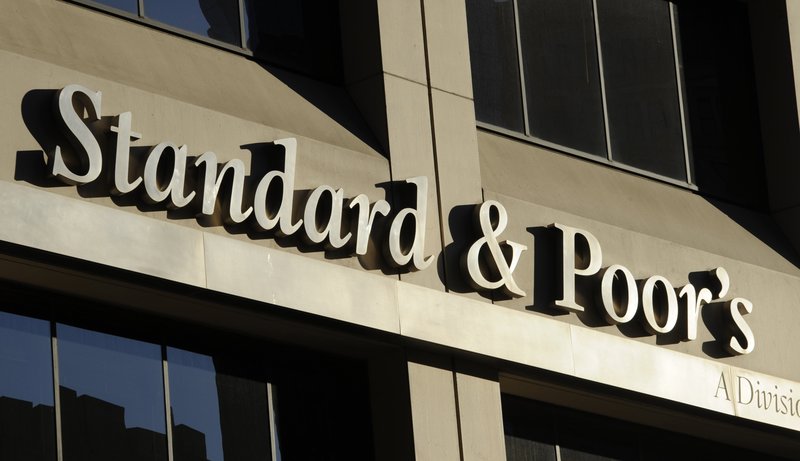SA avoids 'junk status'
Updated | By Jacaranda FM News
South Africa has managed to avoid a downgrade to junk status, with credit ratings agency S&P Global deciding to keep the sovereign credit rating at BBB-.

However, S&P did cut South Africa's local currency rating to 'BBB', one notch above investment grade, while keeping the outlook at negative.
In a statement, the ratings agency says its believes political events have distracted from growth-enhancing reforms in the country, while low GDP growth continues to affect economic and fiscal performance as well as overall debt stock.
"Its financing needs have risen beyond our previous expectations, with general government debt set to increase by an average of 4.9% of GDP over 2016 to 2018, to reach gross debt of 54% of GDP in 2019. The proportion of rand in global foreign exchange turnover has also declined to just below 1% on average over the past three years."
S&P Global says it has therefore lowered the country's long-term local currency rating, while affirming all other rating.
"South Africa's pace of economic growth remains a ratings weakness. It continues to be negative on a per capita GDP basis."
While the government has identified important reforms and supply bottlenecks in South Africa's highly concentrated economy, delivery has been piecemeal, S&P says.
The ratings agency has marginally revised down its real GDP growth assumptions for South Africa to 0.5% for 2016 and 1.4% for 2017 (last June we forecast 0.6% for 2016 and 1.5% for 2017).
"Our revised projections are contingent on global growth, and, in particular, South Africa's terms of trade. The economy remains directly and indirectly linked to demand for commodities, especially from China. We estimate that real GDP per capita will stand at US$5,300 in 2017."
It says political tensions remain high in South Africa, pointing out political developments which saw the rand take a knock.
READ ALSO: Rand strengthens as NPA drops charges against Gordhan
It cites the axing of former finance minister Nhlanhla Nene, the Constitutional Court ruling against President Jacob Zuma, the ANC's loss of key municipalities in the 3 August local elections as well as the failed prosecution of finance minister Pravin Gordhan.
"We believe that against this backdrop, tensions and contestations are increasing in the run up to the ANC's December 2017 elective conference. We think that ongoing continued tensions and the potential for event risk could weigh on investor confidence and exchange rates, and potentially affect government policy direction."
Show's Stories
-
Chihuahua saves owner trapped in icy glacier hole
Don't judge a little lapdog by its size!
The Drive with Rob & Roz 12 hours ago -
Ed Sheeran showcases debut collection of Jackson Pollock-esque art
He's in love with shapes made with paint!
The Drive with Rob & Roz 14 hours ago